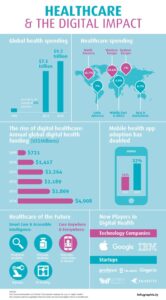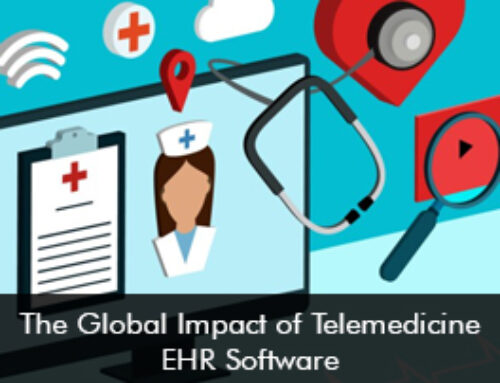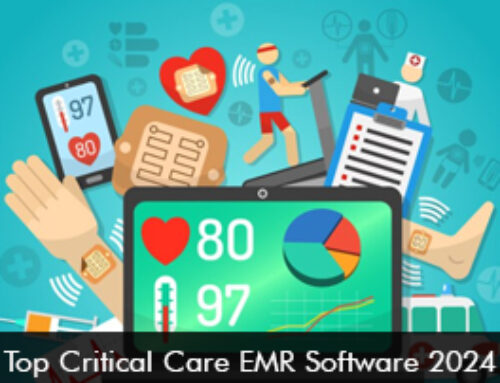Analyzing patient insights with EMR data holds tremendous potential for transforming healthcare delivery. Additionally, EMR data analysis fuels medical research and fosters innovation in the healthcare industry. In this blog post, we will explore how EMR data can improve patient care and outcomes.
Comprehensive Patient Profiles
EMRs contain a wealth of information about patients, including medical history, medications, allergies, test results, and more. By analyzing this data, healthcare providers can gain a comprehensive view of each patient’s health profile. This holistic perspective allows for more accurate diagnoses, personalized treatment plans, and proactive healthcare management. Analyzing EMR data helps uncover previously unnoticed connections between various aspects of a patient’s health, leading to improved care and outcomes.
Identifying Disease Patterns and Trends
Analyzing EMR data across a large patient population can reveal patterns and trends related to specific diseases or conditions. By aggregating and analyzing this data, healthcare providers can identify early warning signs, risk factors, and treatment outcomes. This information enables healthcare professionals to implement preventive measures, offer targeted interventions, and allocate resources effectively. Ultimately, analyzing patient insights derived from EMR data can contribute to early disease detection and proactive healthcare management.
Enhancing Clinical Decision-Making Through Patient Insights With EMR Data
Data analytics applied to EMR data can provide evidence-based insights that aid in clinical decision-making. By identifying treatment effectiveness, response rates, and potential adverse events, healthcare providers can make informed choices regarding medication prescriptions, therapies, and interventions. Analyzing patient insights from EMR data empowers healthcare professionals to apply personalized and evidence-based care plans, resulting in improved patient outcomes and reduced medical errors.
Population Health Management
EMR data analysis plays a vital role in population health management. By analyzing large datasets from EMRs, healthcare organizations can identify at-risk populations, prevalent health conditions, and gaps in care. This knowledge allows for the development and implementation of targeted interventions and preventive strategies. By leveraging patient insights derived from EMR data, healthcare providers can proactively manage chronic diseases, promote health screenings, and improve overall population health.
Patient Insights with EMR Boost Research and Innovation
EMR data analysis has the potential to contribute to medical research and innovation. With access to a vast amount of anonymized patient data, researchers can identify correlations, conduct clinical trials, and evaluate treatment outcomes. By analyzing patient insights from EMR data, researchers can make breakthrough discoveries, develop new therapies, and enhance medical knowledge. This cycle of research and innovation driven by EMR data analysis has the potential to revolutionize healthcare practices and lead to improved patient care globally.








